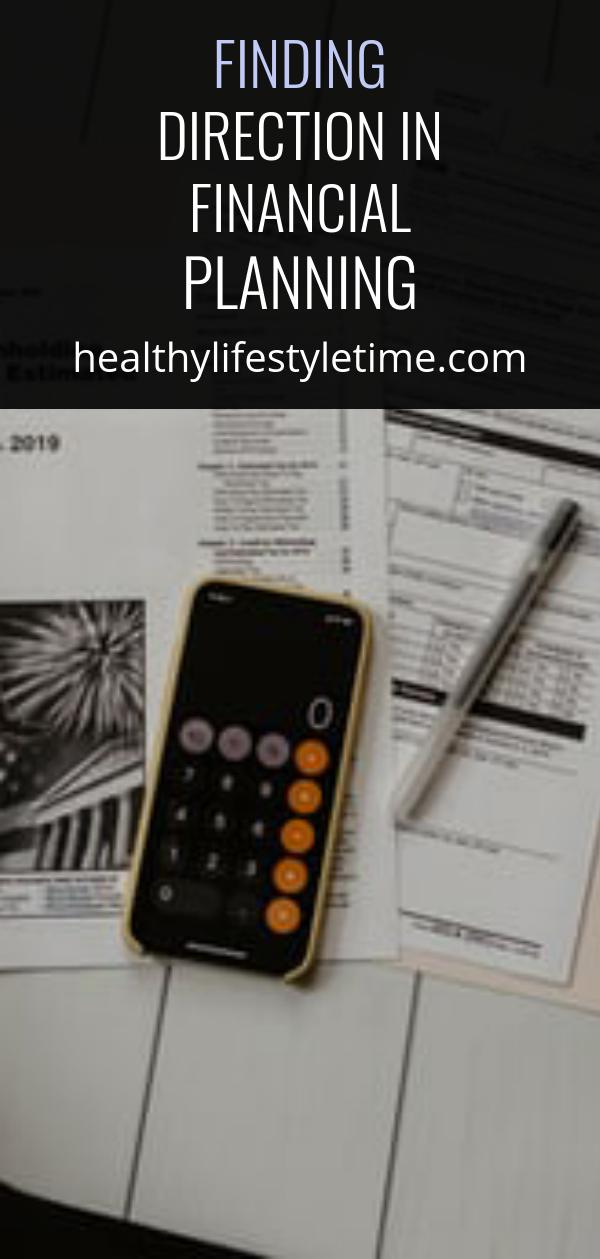Financial planning can be achieved through either an active or passive approach. Active financial planning is carried out by asking questions about your financial plan, but passive financial planning happens behind the scenes.
It works by balancing the mental and emotional aspects of living with the physical world of money. Passive financial planning means that you spend a good portion of your day in an hour to help maintain a positive state of mind and overall happiness in the process.

If you are undertaking active financial planning, this can have a strong impact on the quality of your life. It helps you to know more about the decisions you make, which are going to affect your future.
Sometimes if we do not know what direction to go in, we tend to take the first step without looking at the possible outcomes and consequences of our actions. That is the reason why we should develop a set of skills to help us think before taking any decision.
There are many different types of financial planning that are applicable in a variety of circumstances. They include:
Asset allocation planning focuses on the tasks you will perform to secure the assets that you need to sustain yourself. As a result, it should be a balanced activity. There are many methods of asset allocation, which range from index funds, stocks, mutual funds, and fixed assets such as residential real estate.
Investing is also important. In order to invest successfully, you should be aware of market fluctuations, which makes investing very complicated. Many financial planners recommend that investors work with a portfolio that has a common theme, as this is an easy task.
Financial planning for retirement includes contributions made by individuals who are now working. This is another way to create a good retirement nest egg.

Financial planning for daily living can focus on daily expenses, like grocery, food, utilities, transportation, and medical care. The most effective way to carry out these financial plans is to work together with family members and caregivers.
When you have a personal budget, you can create a structured plan to ensure that you are able to meet your needs without sacrificing your lifestyle. You can also use it to understand your spending patterns, which can help you make sound financial decisions. You can achieve this goal by first identifying your needs and then setting up a budget for yourself.





